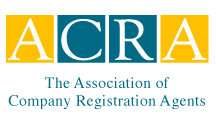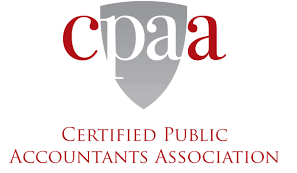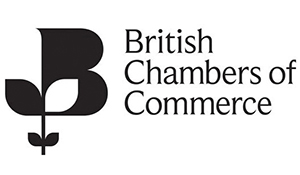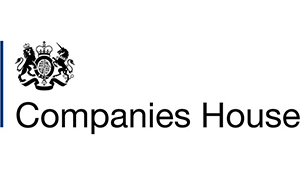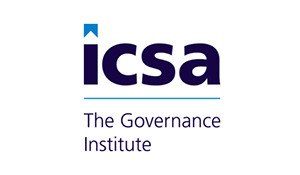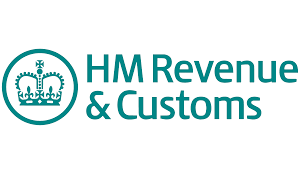In 35 per cent of the files checked by Malta’s FIAU, several buyers posed a significant risk of money laundering because they bought expensive properties or used their own funds for the purchase, .
According to a report from Malta Today, the real estate company didn’t do thorough controls on these purchases.
One example involved a client who acquired citizenship in Malta through Malta’s Golden Passport Program. The client bought two properties in a special real estate area on the island, totalling more than €2 million in value, all within a year.
The real estate agent collected information about where the buyer’s money came from, like their business in a non-EU country and financial statements from a local company they owned. Yet, it wasn’t enough for these reasons.
FIAU said that it was not enough for the company to simply collect the source of wealth information, after the company was then expected to verify the veracity of such information against documentation, particularly in view of the risks pertaining to the two files.
Besides, the financial statements also revealed that the client company was not profitable and experienced year-on-year losses.
Over 1,500 Golden Passport Applications in Malta Since 2014
Malta’s Golden Passport Scheme allows foreign internationals to acquire citizenship in this country, by financially investing and meeting the needed criteria.
Last year, Malta’s Minister for National Security, Byron Camilleri, said that over 1,500 requests for Malta’s Golden Passport scheme have been received by authorities in Malta since 2014 when the scheme was first introduced.
The scheme was often criticised for being involved in irregular affairs. In December last year, the Audit Office said that Malta’s posterity fund, fueled by millions from golden passport sales, does not have clear rules for choosing projects that receive funding.


